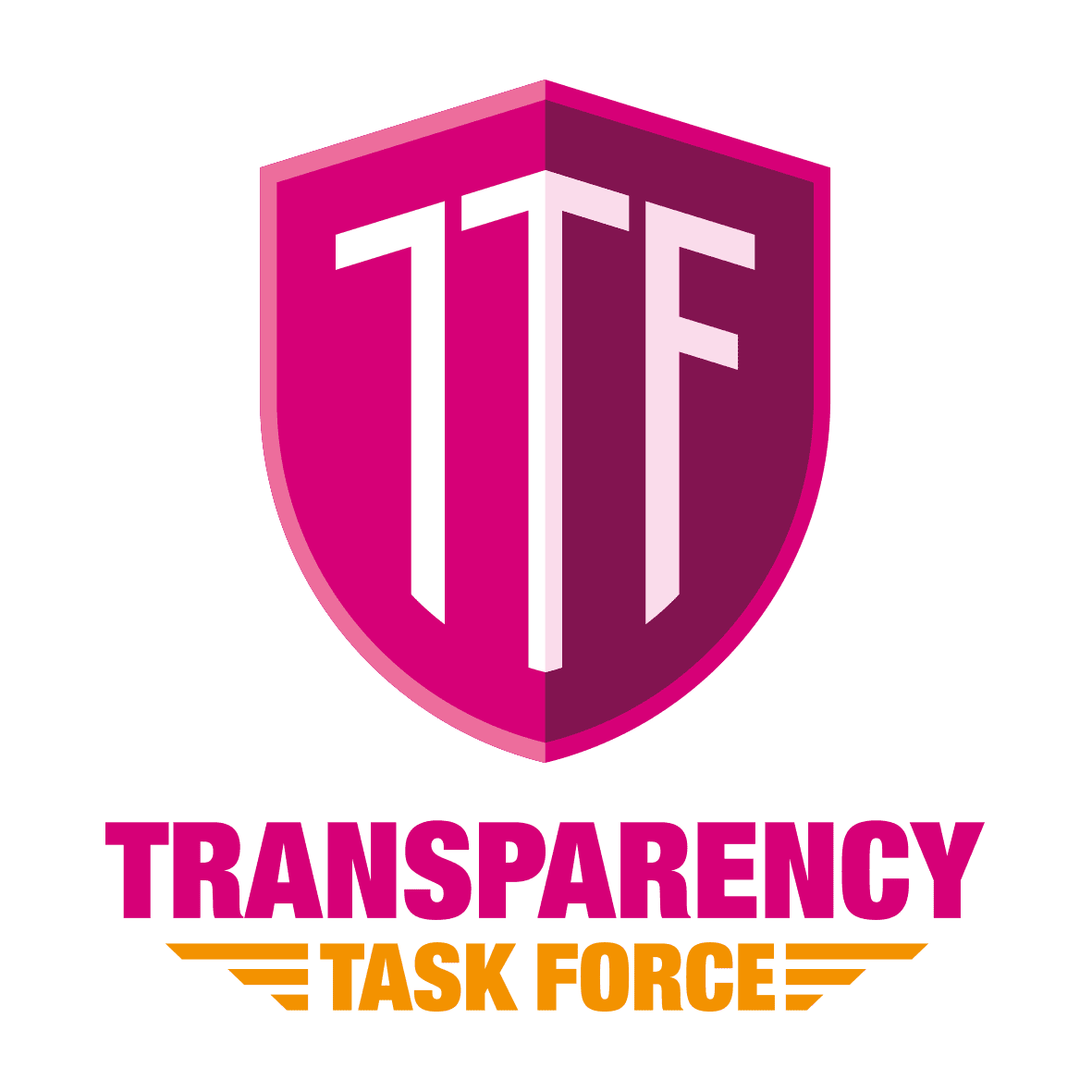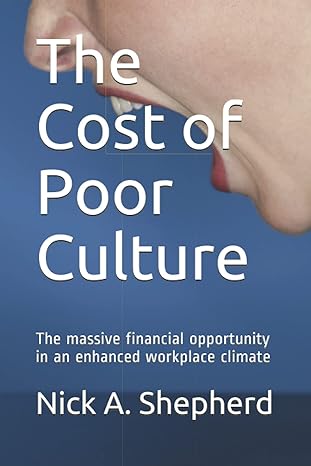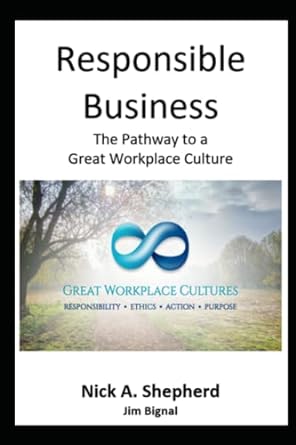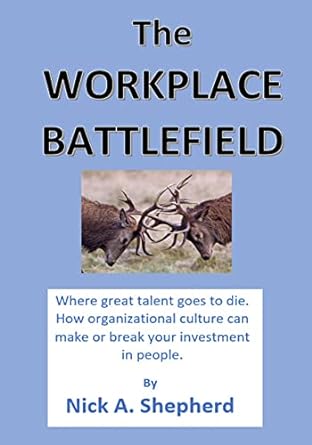When
Tuesday, September 10th, from 6pm - 7:30pm BSTWhere
Online via Zoom.Format
There'll be a great line-up of speakers plus ample scope for discussion and debate.About the books...
There is a growing requirement for human capital metrics but the understanding of how people impact performance remains limited. Organizational culture creates the foundation for an effective business.
Few people realize the massive financial opportunity that comes from a focus on a positive culture. This book demonstrates how surprises, excess costs and lost opportunities can be revealed and actions taken to improve organizational performance. It links the issue of culture to integrated reporting, human capital metrics and new approaches to cost management. It demonstrates WHY developing effective human capital metrics is critical.
There is a great deal of talk about “people being our greatest asset.” Investors are increasingly realizing that organizational capability and competitive advantage comes from the attraction, motivation, and retention of human talent. Regulators are responding by demanding a higher level of reporting on human capital. What is missing is a tangible link between human capital and financial performance.
This book provides the link between effective people management and engagement and key aspects of financial performance. It demonstrates how poor culture exposes an organization to a greater risk of financial surprises through unplanned actions of people. It demonstrates that there are typically significant buried costs from a poor “people environment” that traditional accounting systems and reporting fail to highlight.; it explains what they are and where they are. It also demonstrates how a poor work environment reduces the opportunity for growth through innovation and creativity.
The book then provides a framework for understanding these financial problems and describes an approach for identifying, evaluating, and reporting the problems. Once these “costs of cultural failure” are identified it demonstrates how resources can be shifted to identifying and investing in the problems that are the root causes of waste. It also demonstrates how new approaches to cost management can be adopted, and also how using these approaches complement the human resources metrics of ISO 30414.
A responsible business is one where the necessary pursuit of profit is achieved through clarity of purpose and engagement of people. A responsible business is one that delivers on its’ commitment to benefit society.
This book provides a vision and a pathway for creating a better business where “people, planet, and profit” are treated with equal importance. It identifies the challenges and provides a five-step approach to building the foundations required. This approach will create a better place to work, enhance innovation and save costs that are unseen and buried.
Business holds an important place in society. It benefits us by providing products and services that society wants or needs. Being “market driven” it has a core role in idea creation and through this encourages innovation and creativity.
But business needs to “clean up its’ act” and restore a more effective balance between investors and other “stakeholders” – those who have an impact on or are impacted by its activities. This book embraces the importance of business purpose – but demonstrates that this MUST combine both a social and a commercial purpose.
This book establishes the need for change and presents ideas, activities, and actions necessary to restore a balance between investor needs and those of society – to become more responsible. It is a way of thinking that embodies caring and respect for those and the world around us.
The pathway is built around a five-step process that is fully embedded in strategy. It demonstrates how to build an action oriented, people centric culture. This starts with governance – the full commitment of leadership. Current reality is compared to the desired state, and the gaps are identified. Foundations are established that convert intent to reality which is implemented through a clear action plan. The change is sustained through continual improvement.
The greatest ROI from human capital comes not from hiring the best talent but from providing a great place to work. A great workplace is one where people are encouraged, supported and stimulated to give their best. Where leadership treats people as a highly valued resource. Where collaboration, cooperation and communication drive innovation and creativity. Yet many workplaces block people’s potential; acting like a blocked filter that needs cleaning out. This book explains the problem and suggests solutions.
Cut through the noise about diversity and inclusion, about employee engagement and corporate culture. Stop looking for metrics to provide the “silver bullet” to HR reporting. Focus on creating a great place to work. The financial and human cost of poor leadership are one of the most misunderstood and poorly managed aspects of organizational performance management. This book explains the major aspects of blockages to talent that exist in many organizations:
•Excess bureaucracy
•Poor management and leadership
•Poor systems, tools, and equipment
•Failure to integrate
•Misaligned policies and procedures
•Irresponsible or anti-social behaviour
Creating an effective workplace is a system wide, strategically driven requirement. It is not the job of HR but the responsibility of every single person. It starts with the board and extends down through senior management to every level. Create a workplace driven by purpose yet guided by principles of responsible behaviour. Where people treat each other with respect and build effective relationships.
An organization creates value through the process of integrating all of the resources that form the foundation of its’ business model. Get rid of the blockages and create the ultimate competitive advantage. Your people.
About the author...

NICK A. SHEPHERD FRSA, FCPA, FCGA, FCCA, FCMC
Nick has over 50 years of varied work experience including senior general management and finance roles. His early career started as an engineer in the entertainment business in the UK, but he later returned to school to qualify as a professional accountant. After about ten years working in the UK Nick and his family emigrated to Canada, where his career continued in finance and general management.
From 1989 to 2017 he ran his own management consulting and professional development company.
Currently he is officially retired but still spends time on research and writing. Nick currently focuses his efforts in the areas of organizational sustainability, human capital, and integrated reporting. Nick has experience working in, and with private family business, public corporations, and governments and NPO’s.
As a management consultant and facilitator, Nick designed and presented many professional development workshops internationally, and across Canada. Nick was also part-time faculty member at Grenoble Graduate School of Business (GGSB) where he taught modules on Mergers and Acquisitions and Management Consulting; Nick also lectured at McMaster / DeGroote on ethics. Nick led the Professional Standards Committee of the International Council of Management Consultants in
developing the competency model that that became the basis of CMC certification in over 50 global CMC Institutes. In 2007 Nick received the President’s Award for Education from the Certified General Accountants of British Columbia.
Nick’s consulting work included both public and private sector clients in many countries including Canada, the US, the UK, the Caribbean, South Africa, Kazakhstan, Kyrgyzstan, and Uzbekistan.
Nick joined CPA Ontario as a Fellow in 2014 following the merger of accounting bodies. Prior to that Nick was a CGA for over 35 years obtaining his Fellowship in 2009. Nick is a Fellow of the Chartered Association of Certified Accountants (FCCA UK), and a Fellow of the Institute of Certified Management Consultants of Ontario (FCMC – Honour Roll), and Past President of the Institute. Nick is Past Chair of the National Certification Committee for all Institutes of Management Consulting across Canada, and Past Chair of the Professional Standards Committee of the International Council of Management Consulting Institutes (ICMCI). He served as one of four trustees for Canada at the International level (ICMCI). Nick has also been a member of Mensa for many years, and has recently become a Fellow of The Royal Society for the Arts.
Nick has been an author for most of his career, but in recent years has published a number of books on corporate culture, including both fiction and non-fiction. His most recent work is titled “The Workplace Battlefield: where great talent goes to die.” He has also published professional papers and articles and has authored a number of guidelines on management accounting in areas such as values and ethics, intangibles, and sustainability.
Here's the programme so far...






